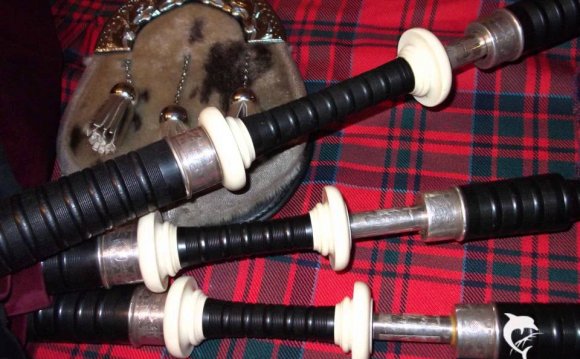
 Firefighter Mike Kennedy and Lt. Ed Walsh were killed in a 9-alarm fire in Boston on Wednesday that injured 13 other people. Photo by: Boston Fire Division
Firefighter Mike Kennedy and Lt. Ed Walsh were killed in a 9-alarm fire in Boston on Wednesday that injured 13 other people. Photo by: Boston Fire Division
The funerals regarding the two brave Boston firefighters – Lieutenant Edward Walsh and Firefighter Michael Kennedy – occur a few weeks on Wednesday and Thursday. Both guys were killed in a catastrophic 9-alarm fire when you look at the Boston Back Bay location on Wednesday.
They will be set to sleep in same ancient Celtic traditions that have accompanied many heroes for their final resting.
Possibly the most identifiable feature could be the bagpipers, playing “Amazing Grace” and “The Minstrel Boy.” Both anthems have profound significance for the armed forces for the United States, firefighters and police. Both have actually serious Irish contacts.
“Amazing Grace” ended up being published by British seafarer John Newton. He had been onboard a ship inside North Atlantic in 1748 whenever a mighty violent storm erupted. After hours of this crew emptying liquid through the ship and expecting to be capsized, Newton and another mate tied by themselves on ship's pump to keep from becoming washed overboard and held doing work for several hours.
After proposing that measure towards captain, Newton had switched and said, "If this may perhaps not do, after that Lord have mercy upon us.”
About a couple of weeks later, the battered ship and starving staff landed in Lough Swilly in Ireland, between Donegal and Derry. Whenever Newtown saw the Irish coastline and recognized he had been conserved he underwent an important transformation. After he renounced his help associated with slave-trade and blogged “Amazing Grace.”
"The Minstrel Boy" is an Irish patriotic tune published by Thomas Moore (1779–1852), who set it to your melody for the Moreen, a vintage Irish atmosphere. It is commonly thought that Moore composed the track in remembrance of numerous his friends, whom he met while their studies at Trinity College, Dublin and that has took part in (and were killed during) the Irish Rebellion of 1798.
The track attained widespread appeal and became a well liked of several Irishmen whom fought throughout the US Civil War and attained more appeal after World War I. John F. Kennedy known as it among his favorite songs.
RELATED VIDEO












